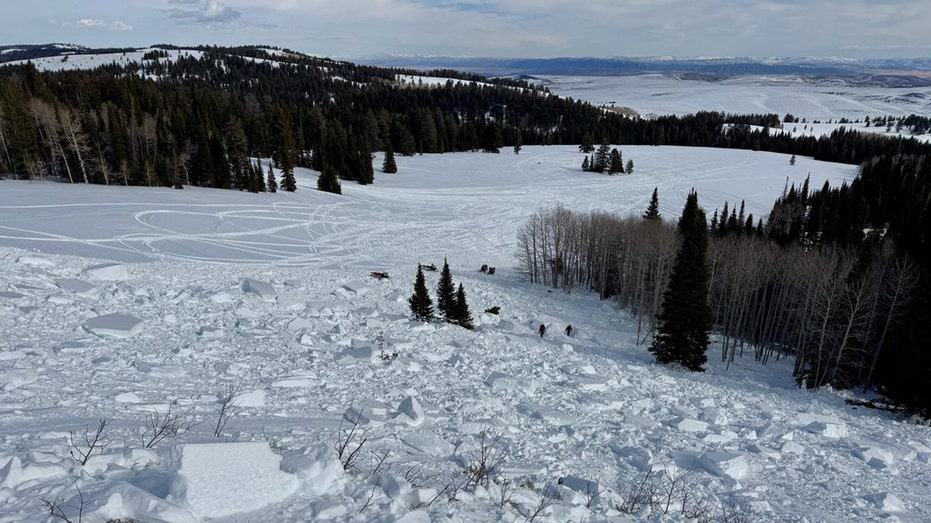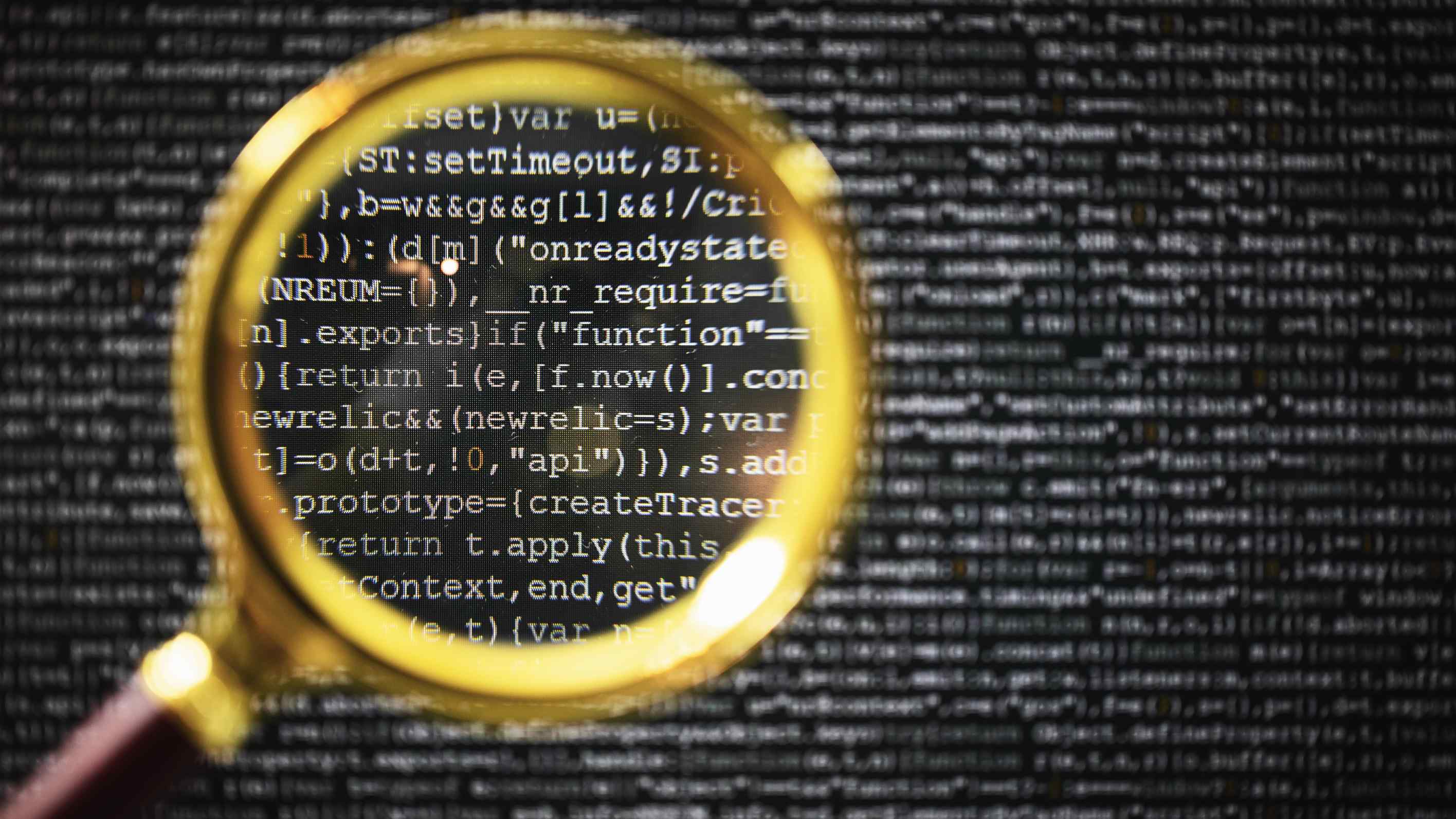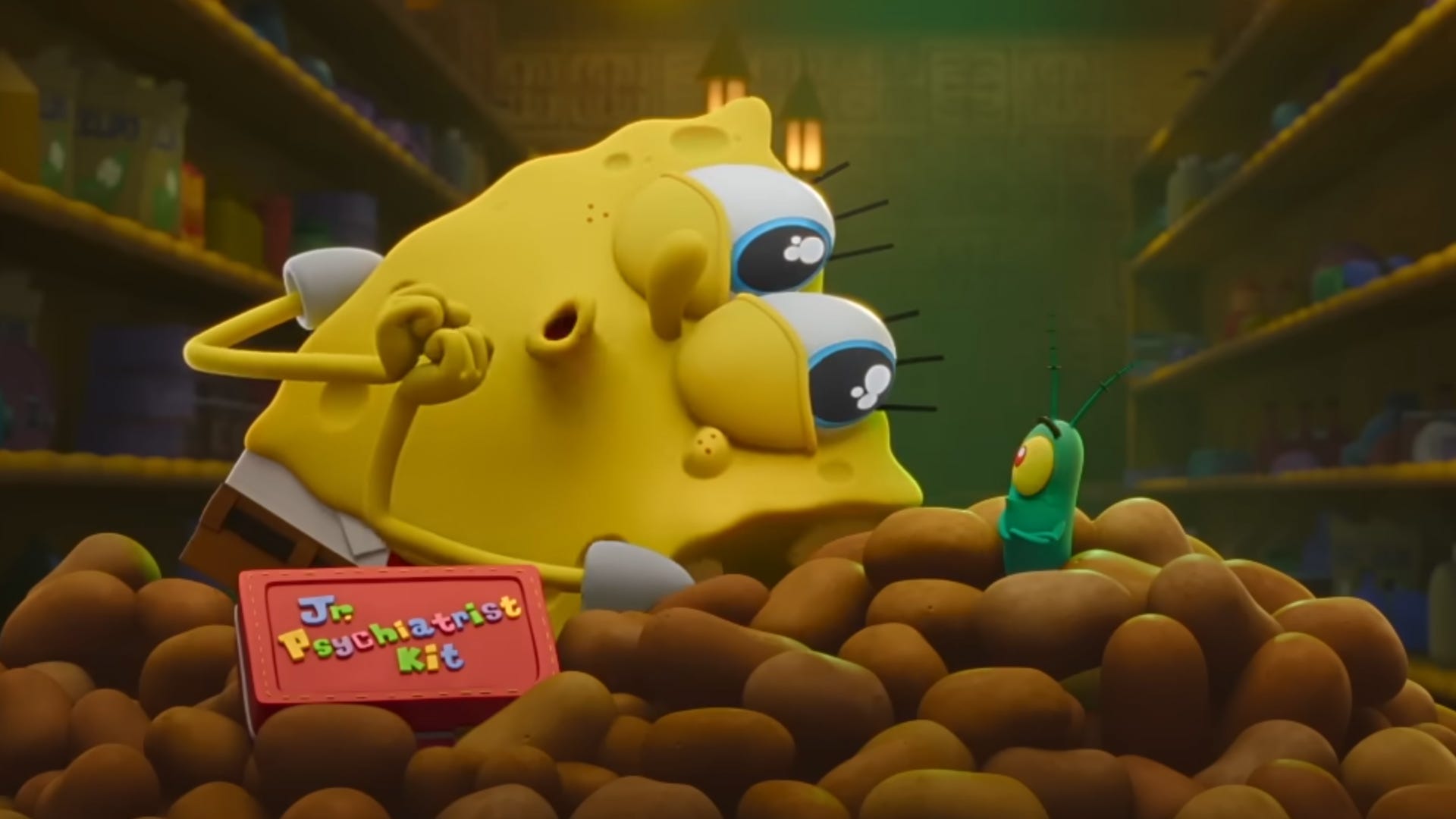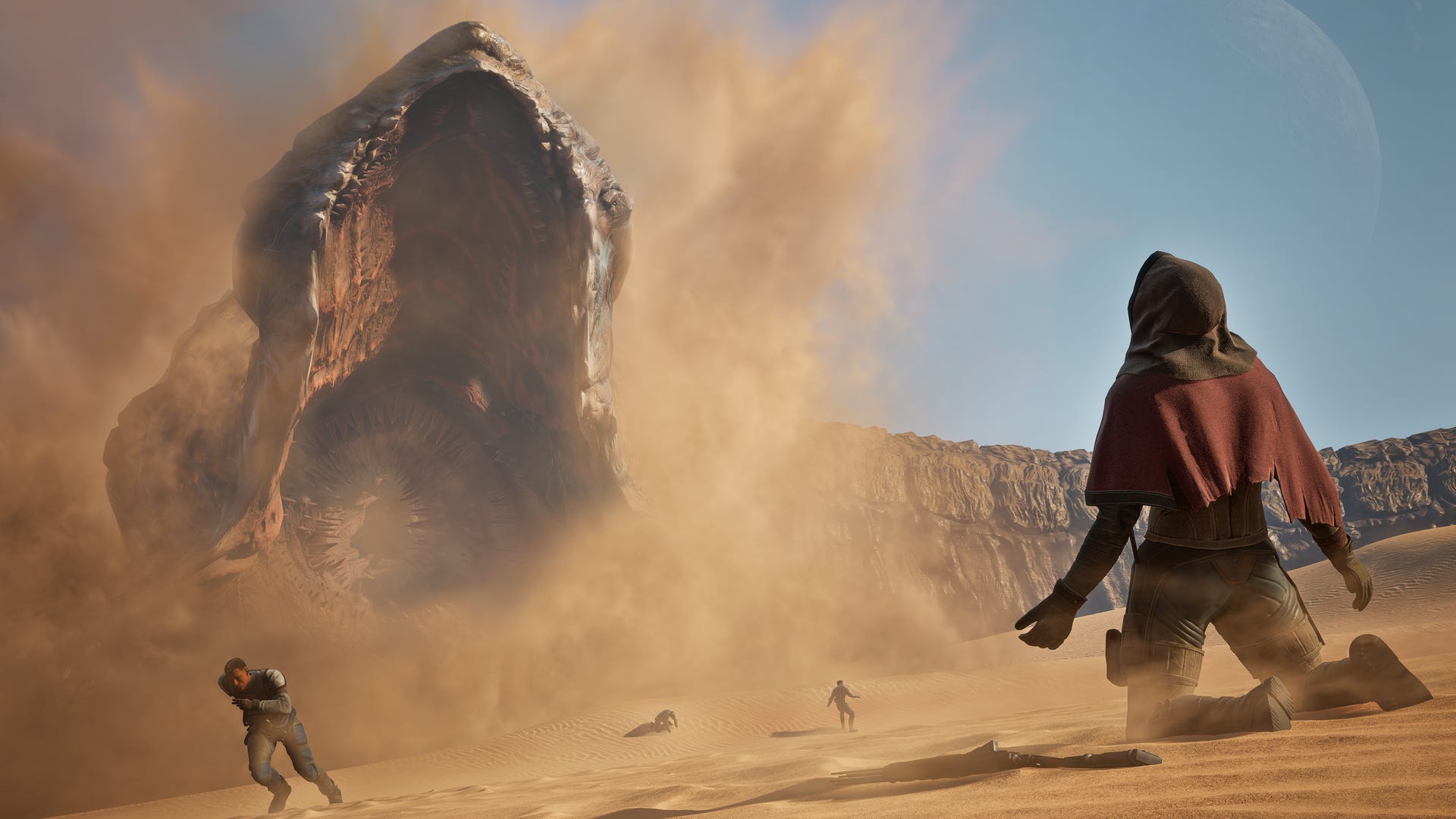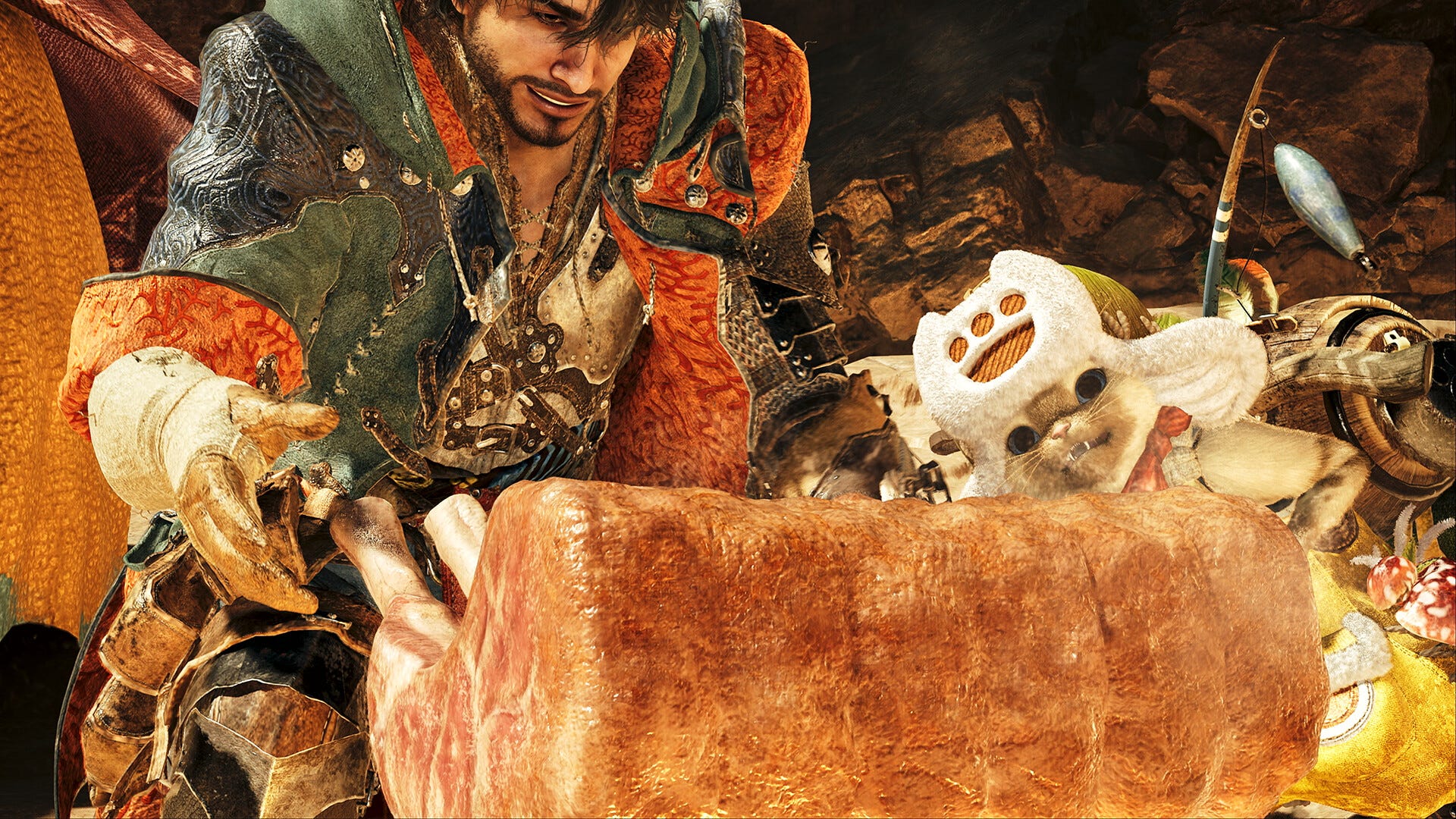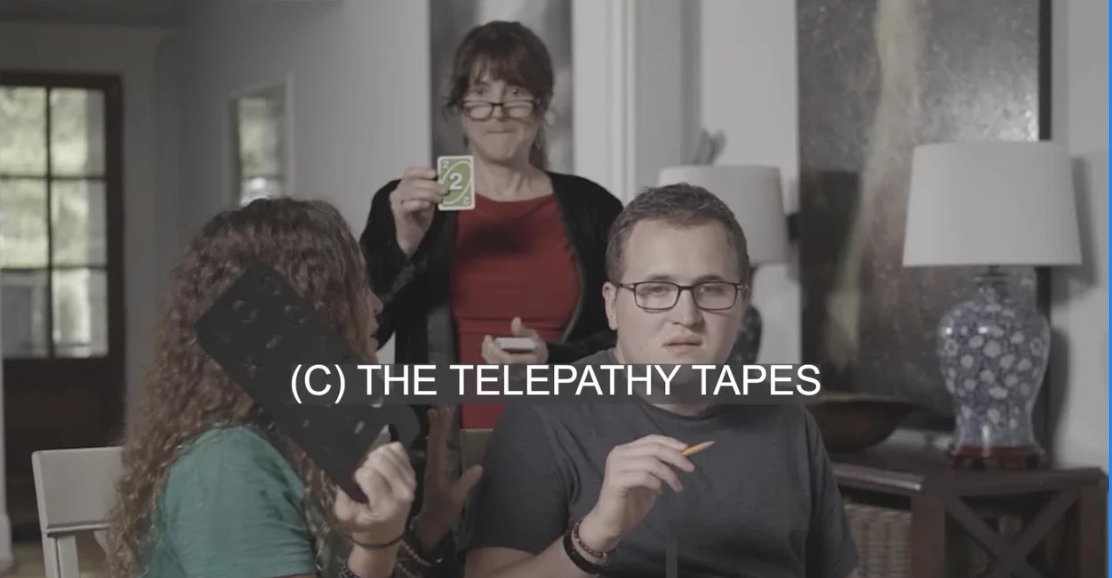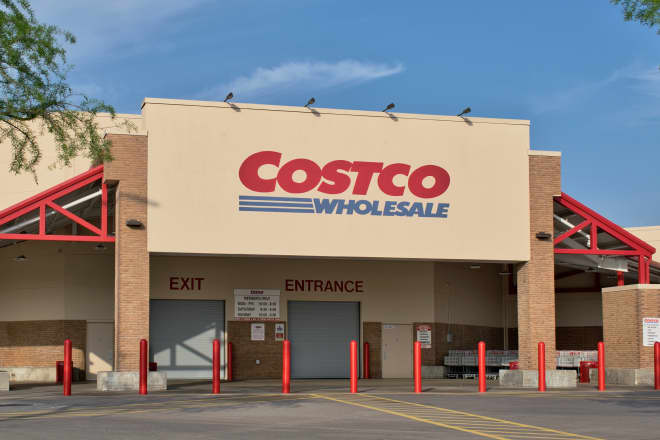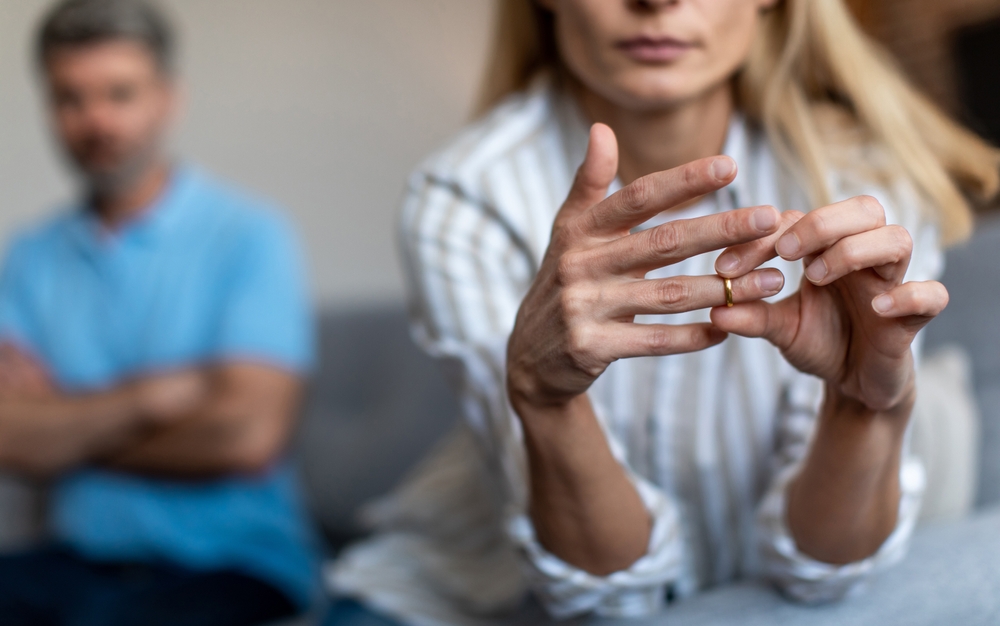What Would I Save?
With California once again burning, I keep wondering, if those fires were coming our way, what would I save? I remember my cousin who, years ago, lost her house during a summer of flames; she’d been away from home when it burned, so there was no frantic effort to stuff the car with keepsakes. After […]
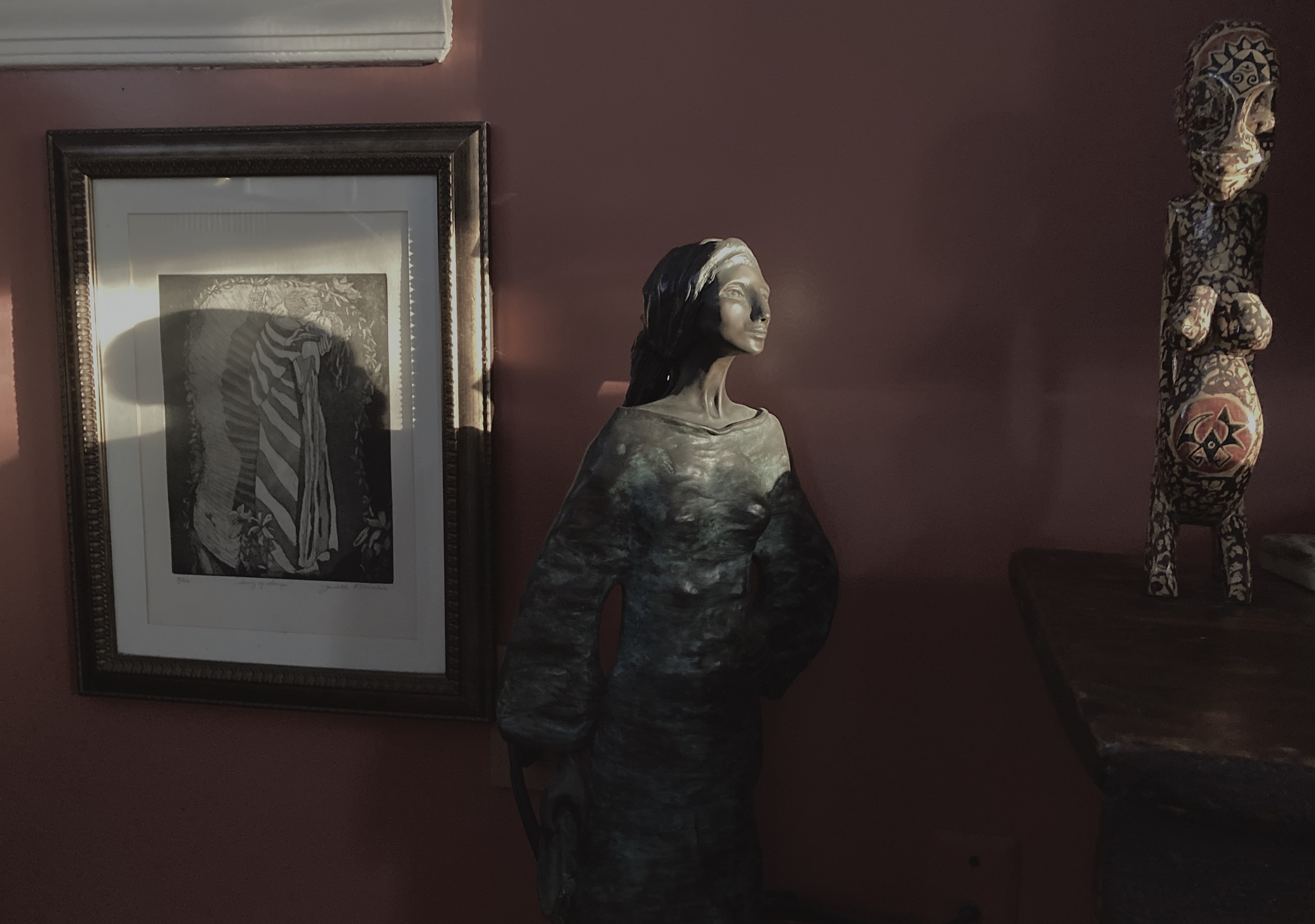

With California once again burning, I keep wondering, if those fires were coming our way, what would I save?
I remember my cousin who, years ago, lost her house during a summer of flames; she’d been away from home when it burned, so there was no frantic effort to stuff the car with keepsakes. After everything had cooled she was allowed to return to the property; in a Hazmat suit she sat in the ashes, sifting through in search of jewelry and anything else that might have survived (an image that has stayed with me ever since). Nothing had, except the beautiful view of the mountains that she had once enjoyed every day. The vast art collection, many of them family pieces, was gone. Jewels, both real and fake, gone. The music, so much music, was gone. (She was a radio personality and had a studio at home with a roomful of curated CDs, many of them given to her and signed by the artists.) There was no sign of our grandmother’s blue Wedgewood china, nor a no-doubt impressive collection of family photos, many of them captured and developed the old-fashioned way and, therefore, gone for good. Her chickens squawking in their coop…I can’t let myself think about them. They, and those other things, I’m sure, are some of the things she would have pulled out if she could have.
At the time I sent her a care package of random stuff—some clothes of my mom’s that might fit her height, a teapot, a few odds and ends, something to help her get through. It felt like nothing, but she had nothing. I’ve thought about that a lot, both the nothing and the something.
We’re fortunate not to have a fire problem here, at least not yet. But I look around and wonder, what’s worth the effort? What could I let burn?
Not to be flip about the horrendous experience a house fire must be, but it’s an exercise worth doing. We are a culture of stuff, and I’ve heard people say after losing everything they realized how little of it was meaningful. But the things that are? Those mean a lot.
So, I started working on a list, just in case. Never mind that transporting large paintings out of harm’s way would be a logistical nightmare. As I work on the list I wonder if it might help me pare down, help me make choices now. Clutter is exhausting with real effects on our mental health: it can make it hard to think clearly, it can steal our attention away from other things. It can cause strife and self-loathing. More on the physiological side, there’s a phenomenon called “visual crowding” that happens when clutter muddles how we take in and process information at the edges of our vision.
So, the list. Mostly, I’m surprised at how short it turns out to be.
–dogs, any other living creatures
–my aunt’s bronze sculptures
–paintings/other artwork, especially items collected from afar—a honey pot from Ghana, a hand-carved drum from Papua New Guinea, camel leather from Timbuktu. Things like that.
–my grandmother’s brass candle sticks and my grandparents’ port set from Austria
–my mom’s nursing cap and wedding veil
–laptops and backup drives with decades-worth of family and travel photos
–any official paperwork I can find (where are the birth certificates? I have no idea.)
–photo albums, and that one giant drawer full of pictures I’ve never organized
–rings and a few other special/valuable jewelry pieces (my mom’s, my aunt’s)
–two old wall clocks, maybe, especially the one from old family friends
Um…is that it? That might be it. THAT MIGHT BE IT.
I’m looking around the room, around my house, as I write this. And honestly, while there are other items I’d be sad to see gone, none is that essential. Most are replaceable. It all seems so crucial day to day, and much of it is indeed useful or nice to have on hand. But meaningful? Not so much.
Which makes me feel a little sad. It reminds me of cleaning out my father’s apartment when he moved to a nursing home, plucking out things of value and watching the rest—most painfully, the hundreds of books—get carted away, and then, from there, donating his meager remaining possessions after he died. So very, very little was left.
But also, there’s relief. If it all mattered deep down, how does one cope in the aftermath of loss? No doubt if you lose your stuff there’s a period of recalling things you wished you’d retrieved, and that would hurt. (Damn it, I loved that wool coat! That set of Christmas ornaments my mom loved! The old quilt from the guestroom bed!) But knowing the vast majority of what we “own” we wouldn’t miss that much…huh. How about that.
Again, I realize I’m ignoring many aspects of such a tragedy. Surely there’s layers of pain I can’t imagine, having never experienced it. Plus, the logistics of suddenly not having a home, losing everything that’s familiar and having to replace all the basics, praying your insurance has you even partly covered or cursing yourself for letting it lapse. All the phone calls, all the dreadful hold music.
Still, and it’s a cliché to say it, but so much of what we think we care about has little significance except that it belongs to us, and ownership does not impart meaning. It reminds me to stop shopping. It makes me want to give more stuff away.
And in a way, I like the image of a life’s bell curve of stuff, the accumulation, the brief plateau of having it all (for those lucky enough to get there), and the slow casting off. It makes sense; when you’re blooming, you’re expanding in every direction. As you wilt, the petals fall, the stem curls and takes up virtually no space at all.
A fire would be devastating. A fire would be cleansing. Both.


